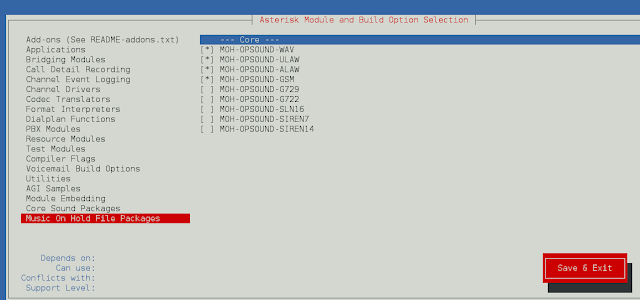The equals() method of java.util.SortedSet class is used to verify the equality of an Object with a SortedSet and compare them. The method returns true if the size of both the SortedSets are equal and both contain the same elements.
Syntax:
public boolean equals(Object o)
Parameters: This method takes the object o as a parameter to be compared for equality with this set.
Returns Value: This method returns true if the specified object is equal to this set.
Note: The equals() method in SortedSet is inherited from the Set interface in Java.
Below are the examples to illustrate the equals() method.
Example 1:
Java
// Java program to demonstrate equals()// method of SortedSetimport java.util.*;public class GFG { public static void main(String[] argv) { // Creating object of Set SortedSet<String> arrset1 = new TreeSet<String>(); // Populating arrset1 arrset1.add("A"); arrset1.add("B"); arrset1.add("C"); arrset1.add("D"); arrset1.add("E"); // print arrset1 System.out.println("First Set: " + arrset1); // Creating another object of Set SortedSet<String> arrset2 = new TreeSet<String>(); // Populating arrset2 arrset2.add("A"); arrset2.add("B"); arrset2.add("C"); arrset2.add("D"); arrset2.add("E"); // print arrset2 System.out.println("Second Set: " + arrset2); // comparing first Set to another // using equals() method boolean value = arrset1.equals(arrset2); // print the value System.out.println("Are both set equal? " + value); }} |
First Set: [A, B, C, D, E] Second Set: [A, B, C, D, E] Are both set equal? true
Example 2:
Java
// Java program to demonstrate// equals() method of Sorted Setimport java.util.*;public class GFG1 { public static void main(String[] argv) { // Creating object of Set SortedSet<Integer> arrset1 = new TreeSet<Integer>(); // Populating arrset1 arrset1.add(10); arrset1.add(20); arrset1.add(30); arrset1.add(40); arrset1.add(50); // print arrset1 System.out.println("First Set: " + arrset1); // Creating another object of Set SortedSet<Integer> arrset2 = new TreeSet<Integer>(); // Populating arrset2 arrset2.add(10); arrset2.add(20); arrset2.add(30); // print arrset2 System.out.println("Second Set: " + arrset2); // comparing first Set to another // using equals() method boolean value = arrset1.equals(arrset2); // print the value System.out.println("Are both set equal? " + value); }} |
Output:
First Set: [10, 20, 30, 40, 50] Second Set: [10, 20, 30] Are both set equal? false
Reference: https://docs.oracle.com/javase/7/docs/api/java/util/Set.html#equals(java.lang.Object)




